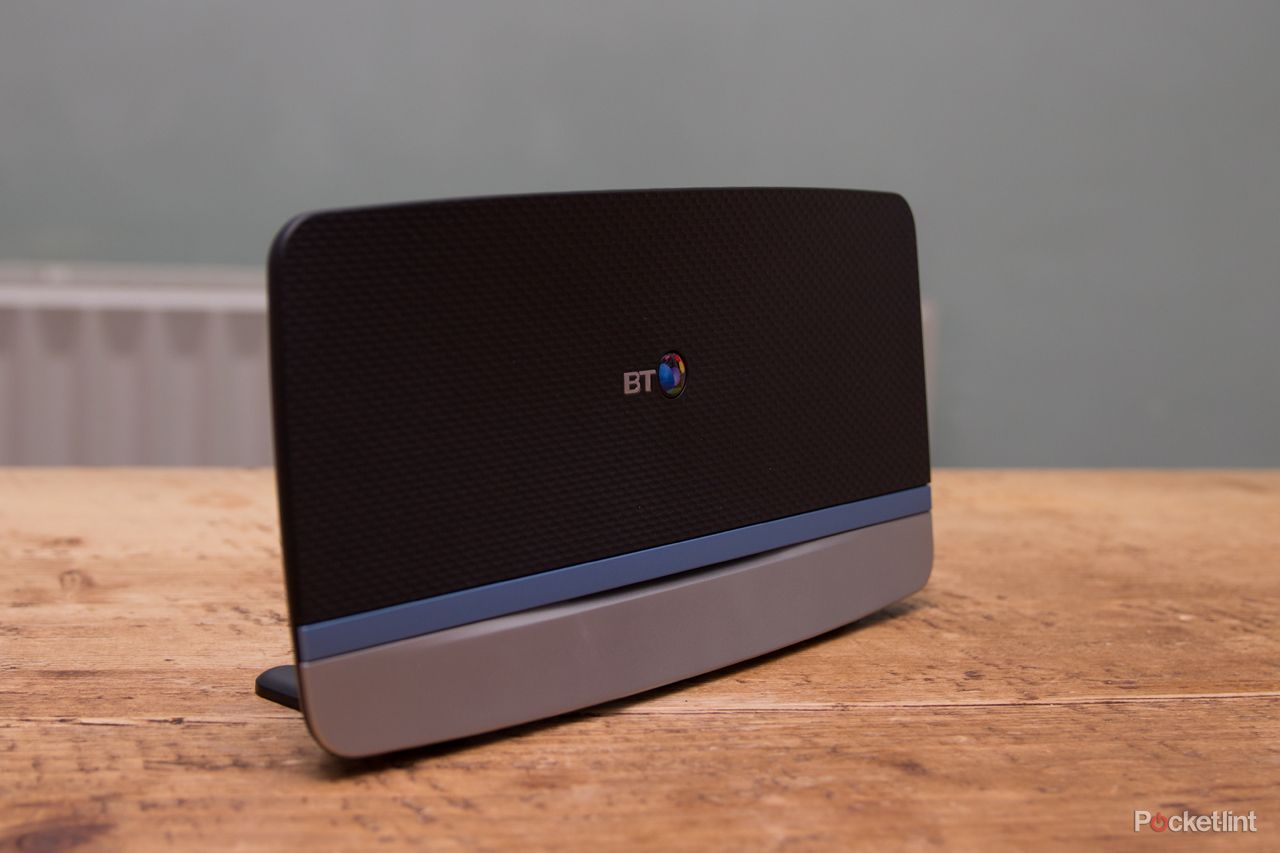New customers to BT's internet services will have adult content filtering turned on by default, meaning they won't be able to connect to any site focusing on adult themes unless they purposely decide against implementing Parental Controls when they first set up their internet connection.
BT Parental Controls are the company's way of complying with the UK government's wish that all sites featuring adult content, including pornography, be filtered. Customers are offered the option to change them and must confirm that they are fine with the controls being implemented before progressing with set up, but the default setting is that they are active at router level.
The filters are aimed at blocking content deemed potentially unsuitable for children, but they have already faced criticism by anti-censorship groups.
READ: Internet porn won't be blocked in UK
BT does offer different levels of filter, however. Strict, moderate and light options can be selected and additional websites can be added to block or allow at a later date.
The filters can also be turned off completely at separate times, when children have gone to bed, for example, like a watershed.
The settings can also be changed in retrospect, with the customers' credentials required to set up and change them. An email will be sent to the adult account holder to advise them of the change.
READ: BT Home Hub 5 hands-on: Making BT Infinity even better
Current BT internet subscribers will be contacted in 2014 to ask them whether they want to set up the filters on their accounts too.
"BT takes the issue of online child protection extremely seriously and we are very pleased to be able to launch the whole-home filter to help parents keep their families safe online," said Pete Oliver, managing director of consumer commercial marketing and digital at BT.
"It adds to the many tools we already make available for free to our customers. We’ve been focused on the issue of online safety since we developed the world’s first Cleanfeed filter to block child abuse images and made the technology available free to other ISPs across the world a decade ago."

